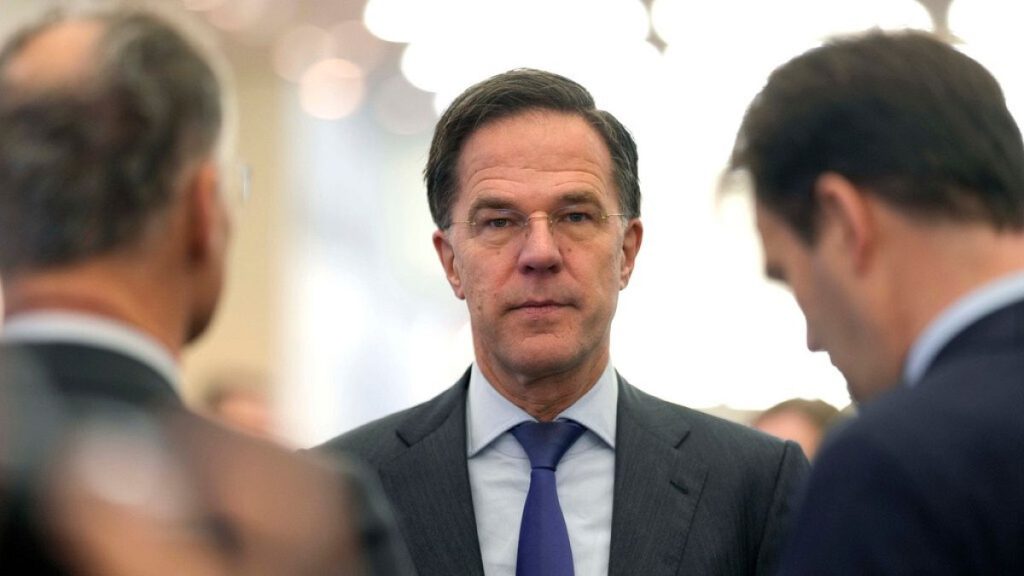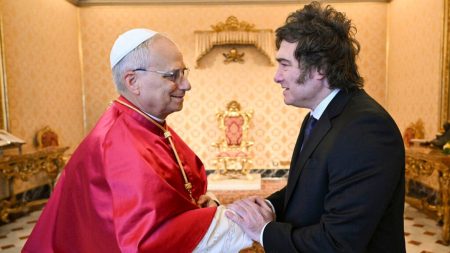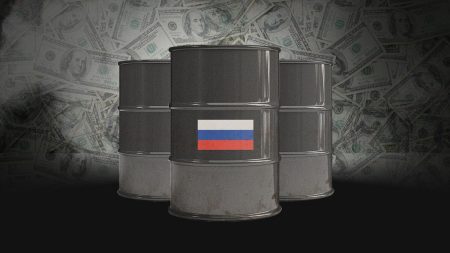NATO Secretary General Jens Stoltenberg’s recent visit to Portugal and Spain underscored the growing concerns within the alliance regarding Russia’s destabilizing activities and the urgent need for increased defense spending. During a joint press conference with Portuguese Prime Minister António Costa in Lisbon, Stoltenberg stressed that Russia’s threat, while seemingly distant to some, poses a direct and tangible risk to NATO members, particularly highlighting Russia’s military presence near Portugal’s coast and the vulnerability of its undersea infrastructure. He emphasized the insufficiency of the current 2% GDP defense spending target, established a decade ago, to address the evolving security landscape and called for a substantial increase in investment to counter emerging threats. This call for increased spending reflects the changing geopolitical reality and the realization that the current commitment levels are inadequate to effectively deter and respond to potential Russian aggression. The incident involving a disrupted undersea cable connecting Latvia and Sweden, occurring just prior to Stoltenberg’s visit, further heightened anxieties over Russian sabotage and espionage within the Baltic Sea region.
Stoltenberg’s visit to Portugal coincided with the launch of NATO’s new mission, “Baltic Sentry,” aimed at bolstering surveillance and deterrence in the Baltic Sea. This mission, involving frigates, maritime patrol aircraft, and naval drones, signifies NATO’s commitment to protecting critical undersea infrastructure, including cables and pipelines, from potential Russian interference. The Baltic Sea’s strategic importance, as a transit route for energy and communication lines, makes it a particularly vulnerable target for disruption. The escalating tensions in the region highlight the need for a robust and coordinated NATO response to protect these vital assets. The incident with the Latvia-Sweden cable serves as a stark reminder of the potential for disruption and the need for heightened vigilance.
The Portuguese Prime Minister, while expressing willingness to increase defense investment, emphasized the importance of European coordination in these efforts. This underscores the recognized need for a unified and strategically aligned approach to defense spending within the European Union, ensuring effective allocation of resources and avoiding duplication of efforts. Coordinated European defense investments would not only strengthen individual national security but also contribute to a more cohesive and robust overall European defense posture, further strengthening NATO’s collective defense capabilities.
Following his discussions in Lisbon, Stoltenberg traveled to Spain to meet with Prime Minister Pedro Sánchez, continuing his diplomatic efforts to reinforce the message of increased defense spending and unity within the alliance. These high-level discussions underscore the seriousness with which NATO is taking the Russian threat and the concerted effort to galvanize member states to prioritize defense investments. The discussions likely also touched on the broader implications of the evolving security situation, including the need for enhanced intelligence sharing and coordinated responses to hybrid threats, including cyber warfare and disinformation campaigns.
The emphasis on increased defense spending reflects a shift in NATO’s strategic posture, moving from a primarily reactive stance to a more proactive and deterrent-focused approach. The alliance is recognizing the need to invest in modernizing its capabilities, enhancing its readiness, and strengthening its presence in strategically important regions, such as the Baltic Sea. This shift requires a significant increase in financial commitments from member states to ensure NATO’s ability to effectively address the multifaceted challenges posed by Russia’s increasingly assertive behavior.
Stoltenberg’s calls for greater defense investment are not simply about increasing budgetary allocations; they represent a fundamental shift in understanding the nature of the current security environment and the need for a more robust and resilient NATO alliance. This requires not only financial commitments but also a renewed commitment to collective defense, enhanced cooperation among member states, and a willingness to adapt to the rapidly evolving security landscape. The discussions with Portugal and Spain signify the beginning of a broader conversation within NATO about the future of the alliance and its ability to effectively safeguard its members in an increasingly complex and uncertain world.










